developing a rural area for a home
kiki_thinking
15 years ago
Featured Answer
Comments (19)
meldy_nva
15 years agodaylilies08
15 years agoRelated Discussions
A must have for those building in a rural area!!!
Comments (15)We've built a couple of rural houses (hubby falls in love with a new piece of land) in steep, heavily wooded terrains with snow and large storms. Our first house had solar panels tied to the grid and a whole-house furnace. Not good, we had six separate incidents of no heat or electricity, each time lasting about a week. We had a double solar array of 48 panels, it was a big house. The next house, smaller with 24 panels generating around 12 KW hours was off-grid solar with a back-up diesel generator. Much better, although our house filled up with cold, waterless, shower-needy neighbors when their power was out for 3 weeks. I didn't mind that, I just set visiting hours and a shower schedule. Our next house (building now, and the land is much flatter, hurray!) has an off-grid solar system, diesel generator, and a century fireplace. That century stove is classified as a furnace...it's the only heat we'll use or need. The wood smoke smell is absent, and it uses very little wood. We're hoping to get hydroelectric power set up in a few years, so the winter stream run-off generates extra power when we need it. I'll tell you the big number one item you want for an off-grid system is a great battery. We lucked into some giant batteries from a failed dot-com, what a difference that extra power storage made! We're renting a regular house in town while we build. We've had 4 power outages, without heat, this winter. My goodness, the power bill is so high! I hadn't paid an electric bill in 7 years, I had no idea the rates had grown so high....See MoreThere are advantages to living in a rural area
Comments (6)I can attest to the advantage of living in a small town, though not rural. On the day of my DH's funeral we had a deep, unexpected snow. Some of my family came from Maryland for the funeral. They were delayed because of the weather and when they got to my house, we had all left. Not knowing where the church was, they looked in the telephone book to call a cab. When they said they were going to a funeral, the cab guy knew whose funeral it was. Wouldn't want live in a big city. Sue...See More???for those of you in rural area
Comments (17)I am on copper wire phone line provided dial-up also and I think that my download speed is 28.8 kbps. I think that I could have 56 if I had a more modern modem. It is a lot slower than at the library, for sure, and it takes quite a while to download a picture or graphic ... but I am willing to accept that. I downloaded AVG (about 7.[something]) I think ... and it didn't take a really long time - maybe an hour, or slightly more, if I remember correctly. Going to work every day is not part of my agenda for living, these days. I pay $9.95/mo. if I pay annually (and it's soon due) or $14.95/mo. if I want to pay monthly. I think that satellite is about $50./mo. (and don't know how much for a bundle with TV coverage ... but I don't have that). I didn't watch TV enough to feel that it justified my paying for even basic service, when I lived in the city and the cable was in the unit. ole joyful...See MoreSourcing Granite in Rural Area
Comments (0)Our retirement home is well underway and I decided to go ahead and be a little proactive and start looking for granite. We are about 50 miles away from Montrose, CO and about 75 from Grand Junction. Not that we don't have some granite people here - it's just that they seem to be really expensive compared to what we paid in Denver, and not yet knowing anyone out there to get references, I don't want to get burned. Any suggestions on how I can track down a reputable granite company/fabricator and not get ripped off? Would it even be possible for me to find/source my own slabs and then find my fabricator?...See Moreflgargoyle
15 years ago2ajsmama
15 years agomel_bc
15 years ago2ajsmama
15 years agohadley
15 years agokiki_thinking
15 years agobooboo60
15 years agocharliedawg
15 years agosniffdog
15 years agokiki_thinking
15 years ago2ajsmama
15 years agoajpl
15 years agoSusan
14 years agomeldy_nva
14 years agocreek_side
14 years agomdev
14 years ago
Related Stories
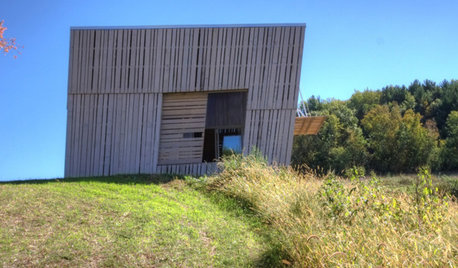
HOUZZ TOURSHouzz Tour: A Simple Barn House in Rural Wisconsin
This newcomer to a well-established community has an exterior that fits right in, but its interior has a modern edge
Full Story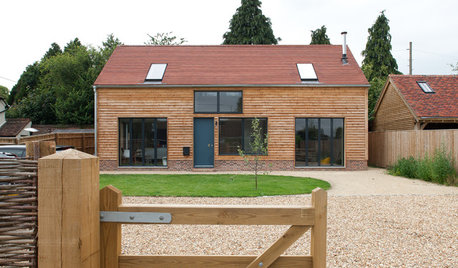
HOMES AROUND THE WORLDHouzz Tour: Contemporary Family Home Blends In With Its Rural Setting
This new build is modern, open and full of light, yet it fits in with its traditional English backdrop
Full Story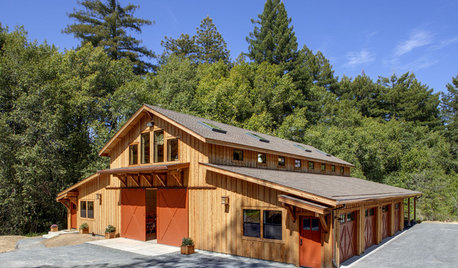
DREAM SPACESDream Workshop in a Rural Sonoma Barn
From a napkin sketch to reality, a California carpenter finally gets the workshop of his dreams
Full Story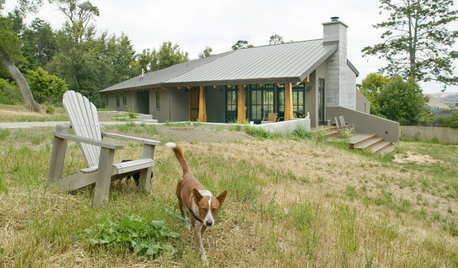
CONTEMPORARY HOMESHouzz Tour: Modern Meets Rustic in Rural Marin County
A lodge-like home is an oasis for an artistic, outdoorsy family
Full Story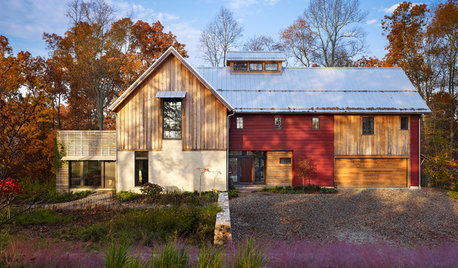
FARMHOUSESHouzz Tour: Nestling Into the Rural Pennsylvania Landscape
Regional barns and nature provide the inspiration for a new home sited between a meadow and the woods
Full Story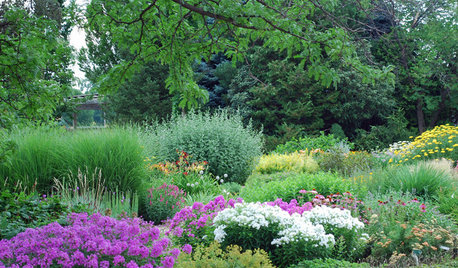
LANDSCAPE DESIGNTake Your Garden on a Rural Route With Plant-Dominant Designs
Let plants take center stage for a garden that recalls idyllic pastures fashioned by nature's hand
Full Story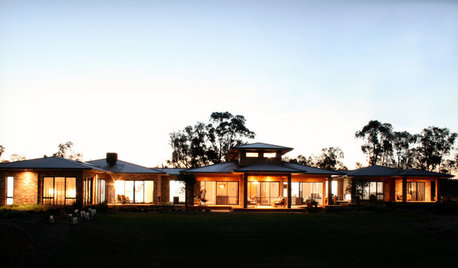
CONTEMPORARY HOMESHouzz Tour: Family Has Room to Spare in New Rural Home
A builder and his wife design a streamlined house for their family that embraces the land and shows careful planning
Full Story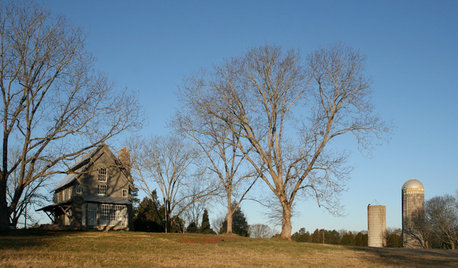
HOUZZ TOURSHouzz Tour: Relaxation Rules in a Rural Weekend Getaway
Straightforward materials and simple architectural forms provide a comfortable farmhouse-style escape from the city
Full Story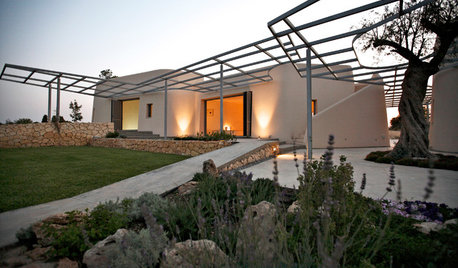
HOMES AROUND THE WORLDHouzz Tour: In Sicily, a Rural Villa Celebrates Minimalism
Organic architecture and streamlined aesthetics help this house blend into its environment
Full Story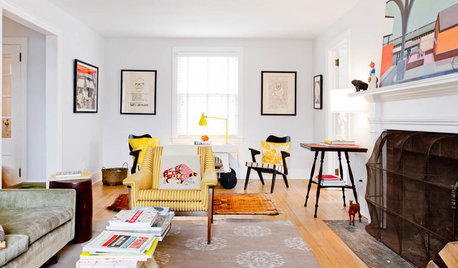
HOUZZ TOURSMy Houzz: Brooklynites Take Up a Rural 1940s Farmhouse
A city-dwelling family plants new roots in upstate New York, remodeling their digs with cheerful, colorful touches
Full StorySponsored
Industry Leading Interior Designers & Decorators in Franklin County



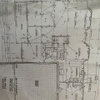


ilmbg